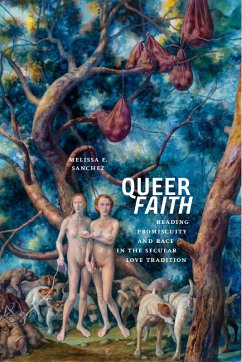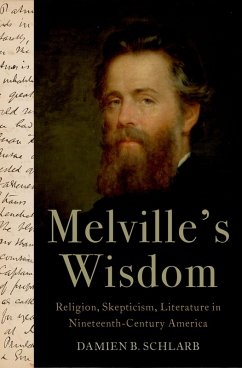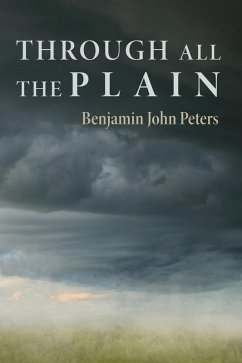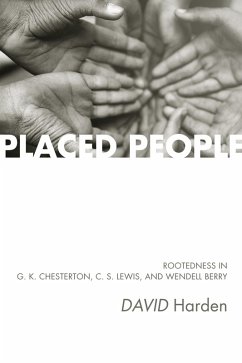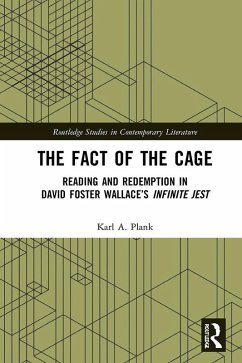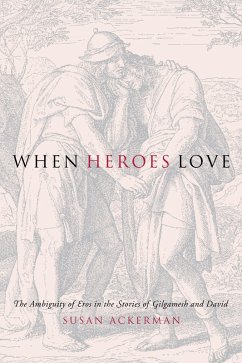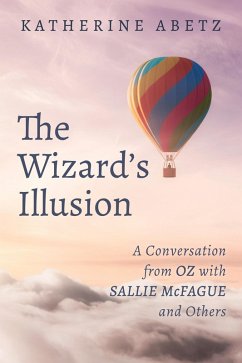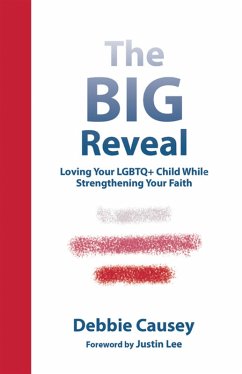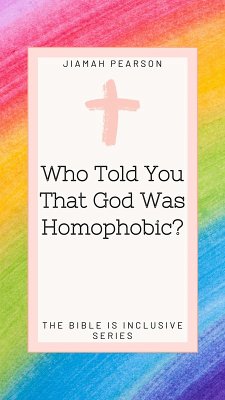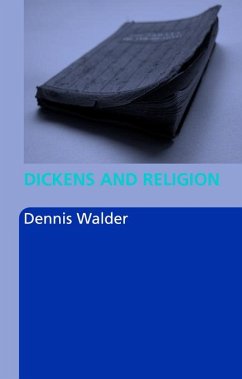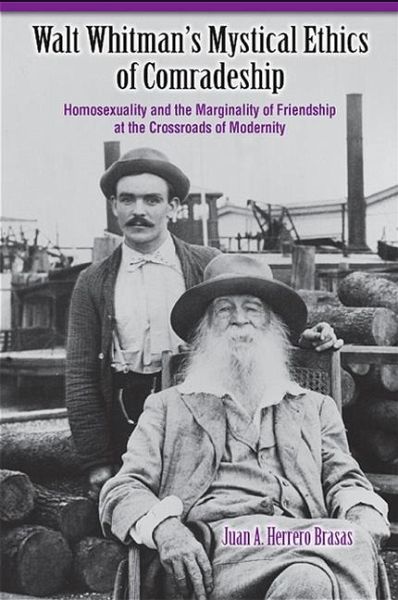
Walt Whitman's Mystical Ethics of Comradeship (eBook, ePUB)
Homosexuality and the Marginality of Friendship at the Crossroads of Modernity

PAYBACK Punkte
13 °P sammeln!
Recovers Walt Whitman as a self-conscious religious figure with an ethic based in male comradeship, one at odds with the temper of his times.A giant of American letters, Walt Whitman is known both as a poet and, to a lesser extent, as a prophet of gay liberation. This revealing book recovers for today's reader a lost Whitman, delving into the original context and intentions of his poetry and prose. As Juan A. Herrero Brasas shows, Whitman saw himself as a founder of a new religion. Indeed, disciples gathered around him: the "hot little prophets" as they came to be called by early biographers.W...
Recovers Walt Whitman as a self-conscious religious figure with an ethic based in male comradeship, one at odds with the temper of his times.
A giant of American letters, Walt Whitman is known both as a poet and, to a lesser extent, as a prophet of gay liberation. This revealing book recovers for today's reader a lost Whitman, delving into the original context and intentions of his poetry and prose. As Juan A. Herrero Brasas shows, Whitman saw himself as a founder of a new religion. Indeed, disciples gathered around him: the "hot little prophets" as they came to be called by early biographers.
Whitman's religion revolved around his concept of comradeship, an original alternative to the type of competitive masculinity emerging in the wake of industrialization and nineteenth-century capitalism. Shedding new light on the life and original message of a poet who warned future generation of treating him as a literary figure, Herrero Brasas concludes that Whitman was a moral reformer and grand theorist akin to other grand theorists of his day.
A giant of American letters, Walt Whitman is known both as a poet and, to a lesser extent, as a prophet of gay liberation. This revealing book recovers for today's reader a lost Whitman, delving into the original context and intentions of his poetry and prose. As Juan A. Herrero Brasas shows, Whitman saw himself as a founder of a new religion. Indeed, disciples gathered around him: the "hot little prophets" as they came to be called by early biographers.
Whitman's religion revolved around his concept of comradeship, an original alternative to the type of competitive masculinity emerging in the wake of industrialization and nineteenth-century capitalism. Shedding new light on the life and original message of a poet who warned future generation of treating him as a literary figure, Herrero Brasas concludes that Whitman was a moral reformer and grand theorist akin to other grand theorists of his day.
Dieser Download kann aus rechtlichen Gründen nur mit Rechnungsadresse in A, D ausgeliefert werden.




